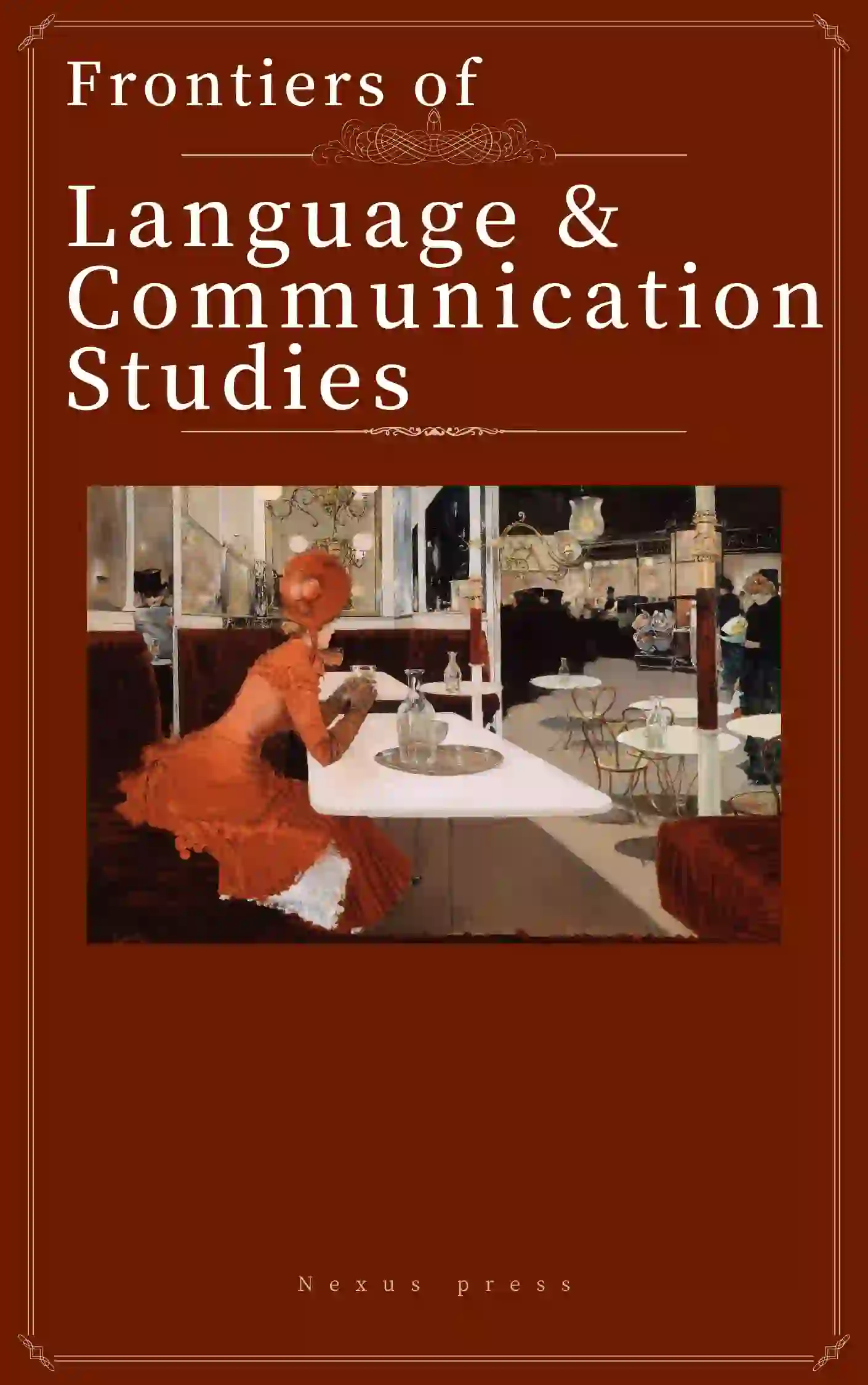Nexus Publishing: For Editors
- update at: 8 Aug 2024
1. Welcome to Nexus Publishing
Nexus Publishing values the critical role our editors play in ensuring the quality and integrity of our publications. This guide provides essential information for editors involved in the review and publication process.
2. Editorial Responsibilities
- Initial Manuscript Screening: Assess submissions for scope, originality, and adherence to submission guidelines.
- Peer Review Management: Select appropriate reviewers and oversee the peer review process to ensure thorough and unbiased evaluations.
- Decision Making: Make informed decisions on manuscript acceptance, revision, or rejection based on reviewer feedback and your expert judgment.
- Communication: Maintain clear and professional communication with authors, reviewers, and other editorial team members.
3. Ethical Standards
- Confidentiality: Ensure confidentiality of submitted manuscripts and review processes.
- Conflict of Interest: Disclose any potential conflicts of interest and recuse yourself from handling manuscripts where conflicts exist.
- Integrity: Uphold the highest standards of academic integrity and ethical conduct in all editorial activities.
4. Peer Review Process
- Reviewer Selection: Choose reviewers with relevant expertise and no conflicts of interest. Aim for diversity in geographical location, gender, and career stage.
- Review Management: Monitor the review process to ensure timely and constructive feedback. Address any issues or delays promptly.
- Reviewer Guidelines: Provide clear instructions to reviewers on the expectations and criteria for manuscript evaluation.
- Decision Letters: Draft clear and constructive decision letters to authors, summarizing reviewer comments and outlining necessary revisions or justifications for rejection.
5. Manuscript Decision Categories
- Accept: Manuscripts that meet all standards and require no or minimal revisions.
- Minor Revisions: Manuscripts that need small adjustments before acceptance.
- Major Revisions: Manuscripts requiring significant changes but have the potential for acceptance upon revision.
- Reject: Manuscripts that do not meet the necessary standards or fall outside the scope of the journal.
6. Post-Acceptance
- Proofreading and Formatting: Oversee the final proofreading and formatting of accepted manuscripts.
- Publication Scheduling: Coordinate with the production team to schedule the publication of accepted manuscripts in upcoming issues.
- Author Communication: Inform authors of the acceptance and anticipated publication timeline. Address any post-acceptance queries from authors.
7. Handling Ethical Issues
- Plagiarism and Misconduct: Investigate any allegations of plagiarism or academic misconduct. Follow established procedures for addressing and resolving such issues.
- Corrections and Retractions: Facilitate the publication of corrections, retractions, or expressions of concern when necessary to maintain the integrity of the academic record.
8. Training and Development
- Editorial Training: Participate in training sessions and workshops to stay updated on best practices in editorial management and peer review.
- Continuous Improvement: Engage in continuous improvement of editorial processes and workflows to enhance efficiency and effectiveness.
9. Communication and Collaboration
- Editorial Board Meetings: Attend regular meetings with the editorial board to discuss journal policies, strategies, and performance.
- Collaborative Efforts: Work collaboratively with other editors, reviewers, and the production team to ensure the smooth operation of the journal.
10. Feedback and Evaluation
- Reviewer Feedback: Provide constructive feedback to reviewers to help them improve their review quality.
Performance Evaluation: Participate in periodic evaluations of editorial performance and contribute to the continuous improvement of the journal.
